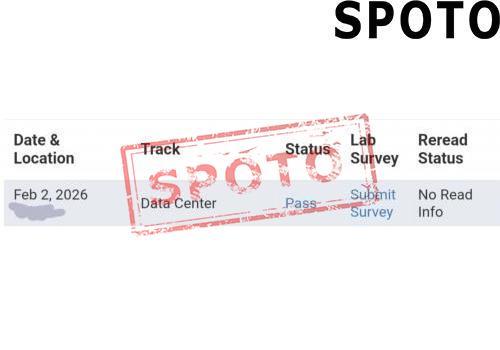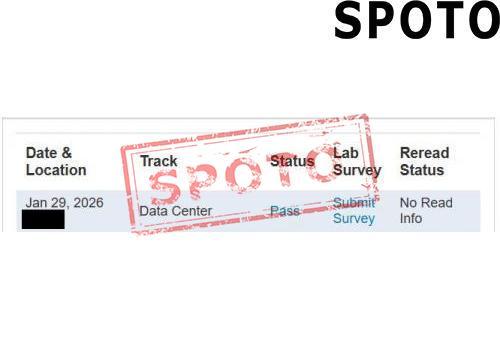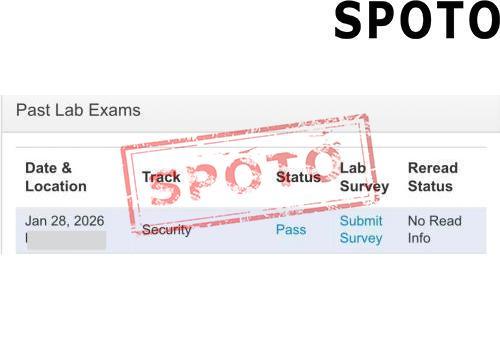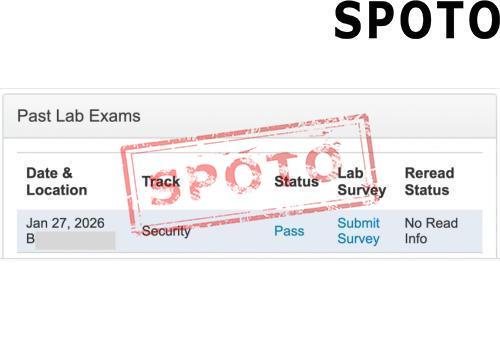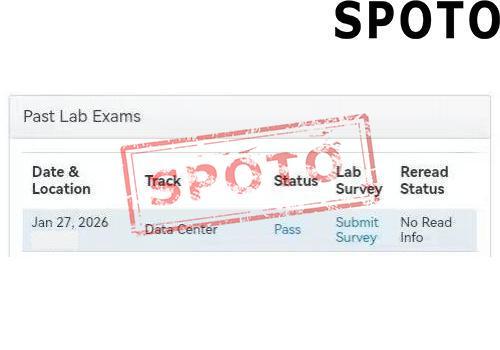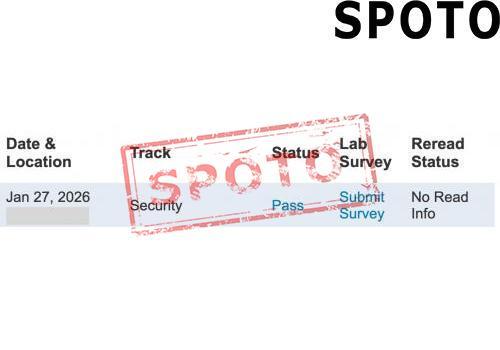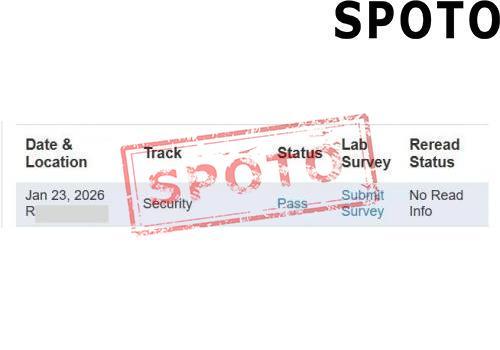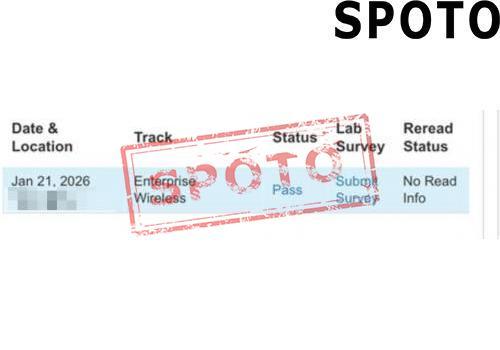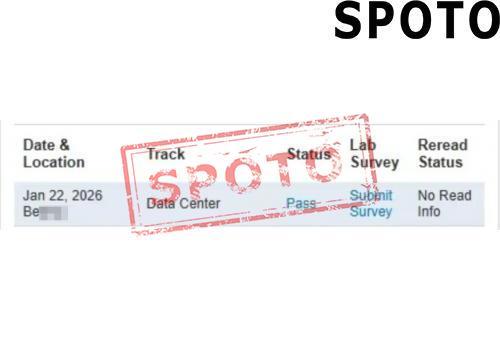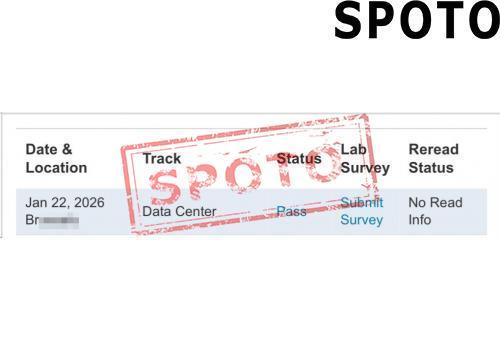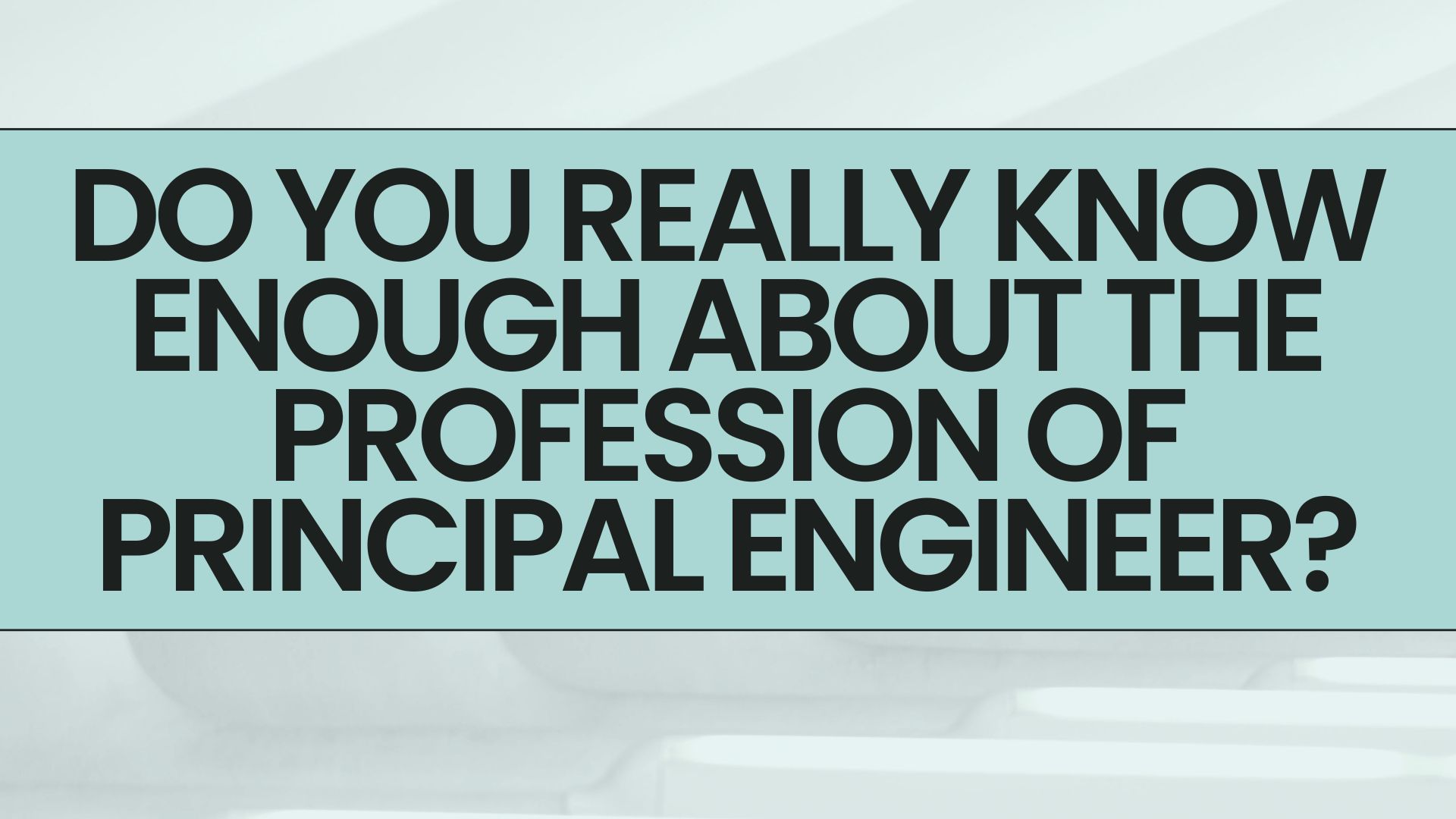
Table of Contents
1. What is a Principal Engineer ?
Principal Engineer is a leader of engineers in a specific area who is responsible for overseeing the development and progress of projects and the work content of employees to ensure that the engineering team completes projects on time and on budget.
2. Responsibilities of a Principal Engineer
As a Principal Engineer, your primary job responsibility is to oversee the research, development, and design of engineering projects for your company or organization, including setting budgets, negotiating with suppliers, participating in the contract signing process, and delegating work. In addition, you will also need to train employees, set project deadlines, and work to improve engineering application processes.
3. How much does a Principal Engineer Make?
According to ZipRecruiter, the average annual salary for a Principal Engineer in California is $145,292 as of July 2, 2026. That works out to about $69.85 per hour. That's $2,794 per week or $12,107 per month. Salaries range from as high as $209,717 to as low as $73,031, but most Principal Engineer salaries currently range from $116,900 to $170,700, with the highest earners making $193,433 per year in California. The average salary range for a Principal Engineer varies widely (as much as $53,800), which suggests there may be many opportunities for advancement and increased pay based on skill level, location, and years of experience.
4. What Are the Qualifications to Become a Principal Engineer ?
(1) Obtain a Bachelor's Degree
Principal Engineer careers often require job seekers to have a bachelor's degree in their field of engineering. For example, principal engineers usually study electrical engineering, mechanical engineering, or computer science.
(2) Develop Practical Experience
As a Principal Engineer, Practical Experience is essential to mastering the deployment process. You can take an internship, volunteer on an IT project, or simulate real-world scenarios using virtual labs. This hands-on experience helps you troubleshoot, automate, and deploy applications with confidence.
(3) Earn Industry Certifications
Obtaining a certification that is highly recognized by the industry can prove your professional ability and ability to perform the position, and can also enhance your competitiveness in the workplace. Therefore, we recommend that you obtain the CCIE Collaboration certification. This certification can demonstrate your advanced skills in how to plan, design, implement, operate, and optimize complex enterprise collaboration solutions. Lead the way with the Cisco Certified Internetwork Expert (CCIE) Collaboration certification.
5. Similar Occupations of Principal Engineer
- Senior Engineer
- Staff Engineer
- Distinguished Engineer
- Software Architect
- Engineering Manager
- Project Engineer
- Technical Consultant
